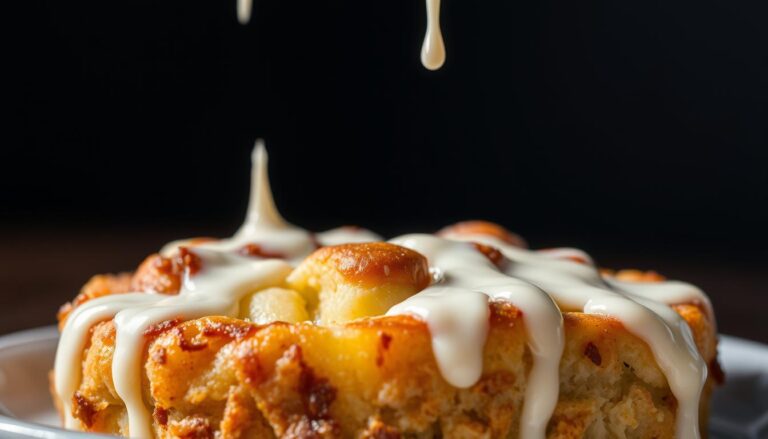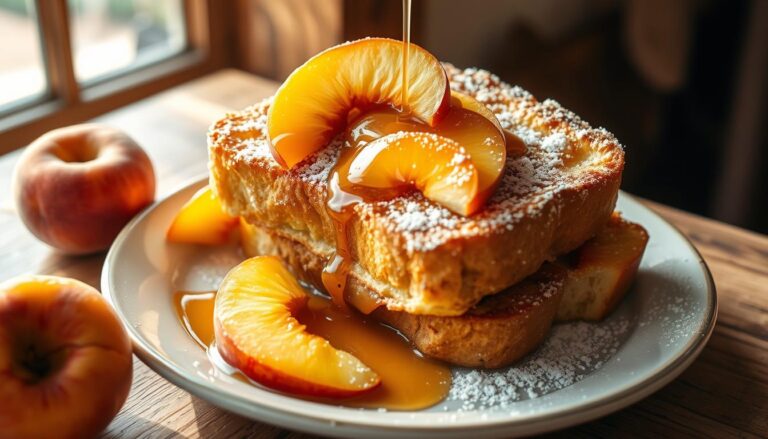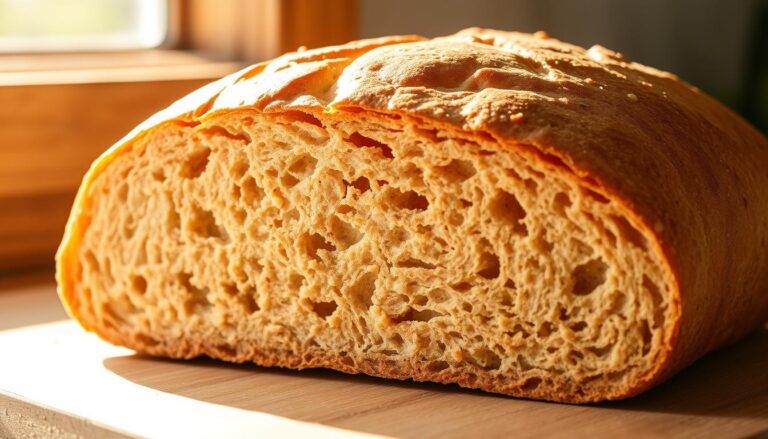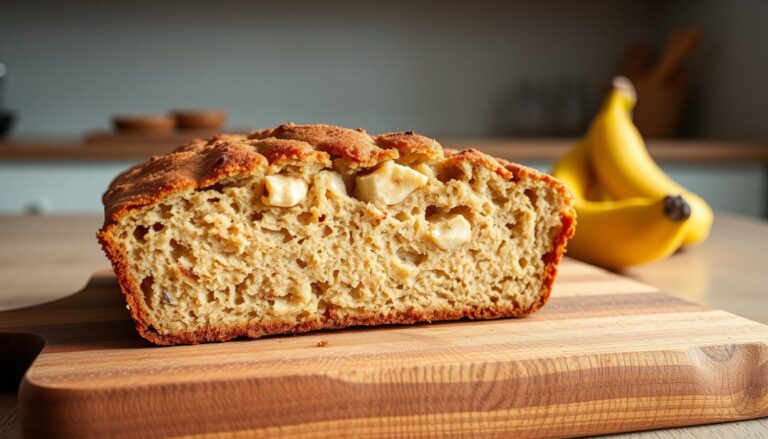4 Pineapple Upside Down Cake Fails and How to Fix Them
Table of Contents
- Introduction
- A Brief History of Cakes
- Spotlight: Pineapple Upside Down Cake
- Types of Cakes
- Subniches in the Cake Category
- Essential Cake Ingredients
- Baking Techniques and Tips
- Frosting and Decoration
- Popular Cake Trends
- Cultural Significance of Cakes
- Tips for Cake Bloggers and Bakers
- Conclusion
Introduction
Cakes are more than just desserts; they are a symbol of celebration, joy, and creativity. From birthdays and weddings to quiet teatime indulgences, cakes have a universal charm that transcends cultures and generations. In this blog post, we dive into the delicious world of cakes—with a special spotlight on the beloved Pineapple Upside Down Cake—exploring history, types, ingredients, baking methods, and trends.
A Brief History of Cakes
The story of cake dates back to ancient times when early versions resembled sweetened bread. Egyptians used honey to sweeten bread-like cakes, while the Romans added nuts and dried fruits. The modern cake, light and fluffy, emerged in Europe in the 17th century with the advent of refined sugar and improved baking technology.
Spotlight: Pineapple Upside Down Cake
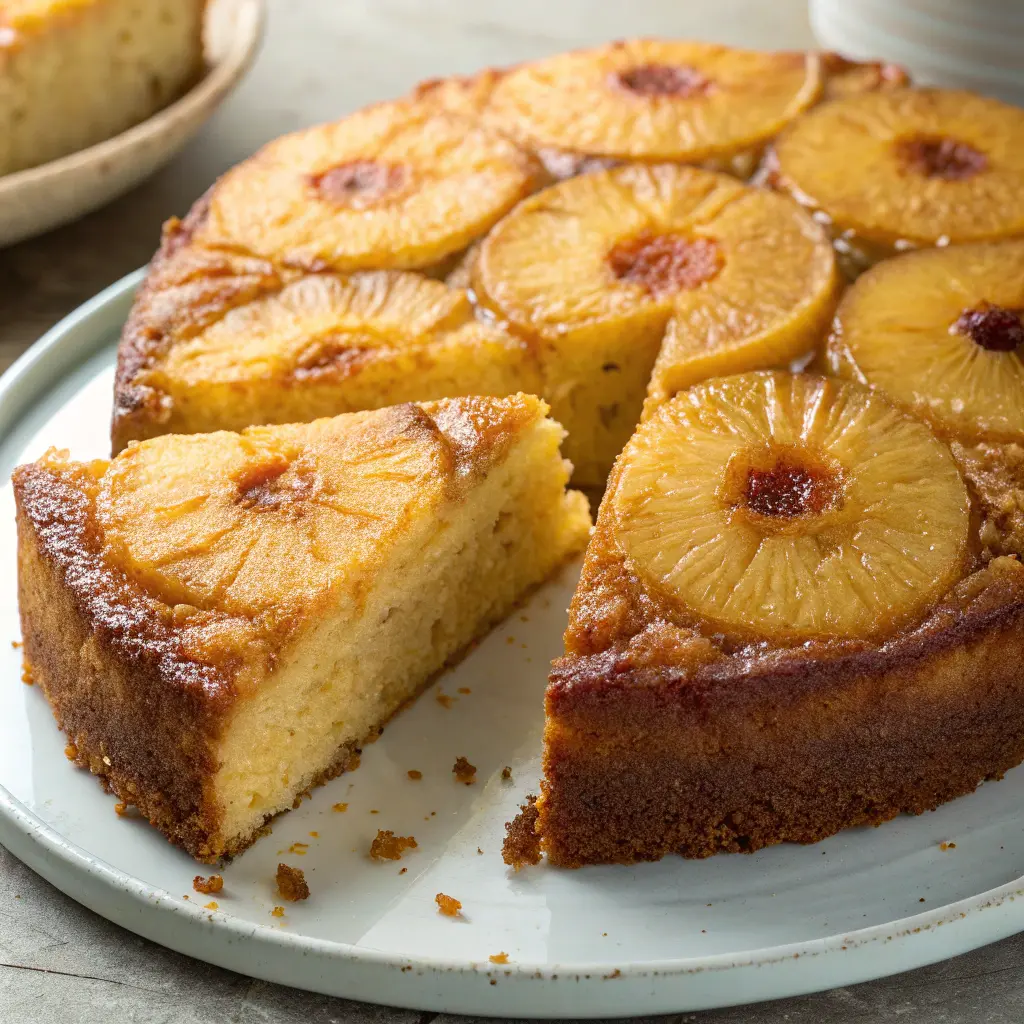
What is Pineapple Upside Down Cake?
One of the most visually stunning and deliciously retro cakes, Pineapple Upside Down Cake is a classic American dessert that gained popularity in the mid-20th century. It features caramelized pineapple slices and maraschino cherries baked into a buttery, moist cake, then flipped to display the fruit topping.
Why Pineapple Upside Down Cake Stands Out
- Simple yet elegant presentation
- Perfect balance of tart pineapple and sweet brown sugar
- Great for spring and summer gatherings
Tips for Baking the Best Pineapple Upside Down Cake
- Use canned or fresh pineapple, but ensure they are well-drained
- Arrange the fruit neatly for aesthetic appeal
- Let the cake cool slightly before inverting to avoid crumbling
- Serve warm or chilled with whipped cream or ice cream
Types of Cakes
Cakes come in countless varieties, but they can generally be categorized by texture, occasion, or flavor.
By Texture
- Butter Cakes: Moist and rich, made with creamed butter and sugar (e.g., pound cake).
- Sponge Cakes: Light and airy, made by whipping eggs (e.g., Genoise).
- Chiffon Cakes: A cross between butter and sponge, fluffy yet moist.
By Occasion
- Birthday Cakes
- Wedding Cakes
- Holiday Cakes (e.g., Christmas fruitcake)
- Cupcakes for individual servings
By Flavor
- Chocolate, Vanilla, Red Velvet, Carrot, Lemon, Marble, and Pineapple Upside Down Cake
Subniches in the Cake Category
Understanding subniches can help tailor your cake blog or business to specific audiences:
Custom Cakes
- Personalized designs for events
- Themed birthday or wedding cakes
- Edible photo or logo cakes
Healthy Cakes
- Vegan cakes
- Gluten-free or dairy-free options
- Low-sugar and keto cakes
Cultural/Traditional Cakes
- Black Forest (Germany), Tiramisu (Italy), Basbousa (Middle East), Tres Leches (Latin America), Pineapple Upside Down Cake (USA)
- Festival-specific cakes like mooncakes or Christmas stollen
Mini Cakes and Cupcakes
- Perfect for portion control and events
- Easier customization
- Ideal for kids’ parties and samplers
Luxury and Designer Cakes
- High-end ingredients (e.g., gold leaf, exotic fruits)
- Artistic presentation
- Celebrity or influencer-themed cakes
DIY Cake Kits and Mixes
- Great for home bakers
- Subscription boxes
- Ready-to-bake kits with pre-measured ingredients
Cake Business & Marketing
- Home-based cake businesses
- Cake decorating courses
- Social media promotion strategies
Essential Cake Ingredients
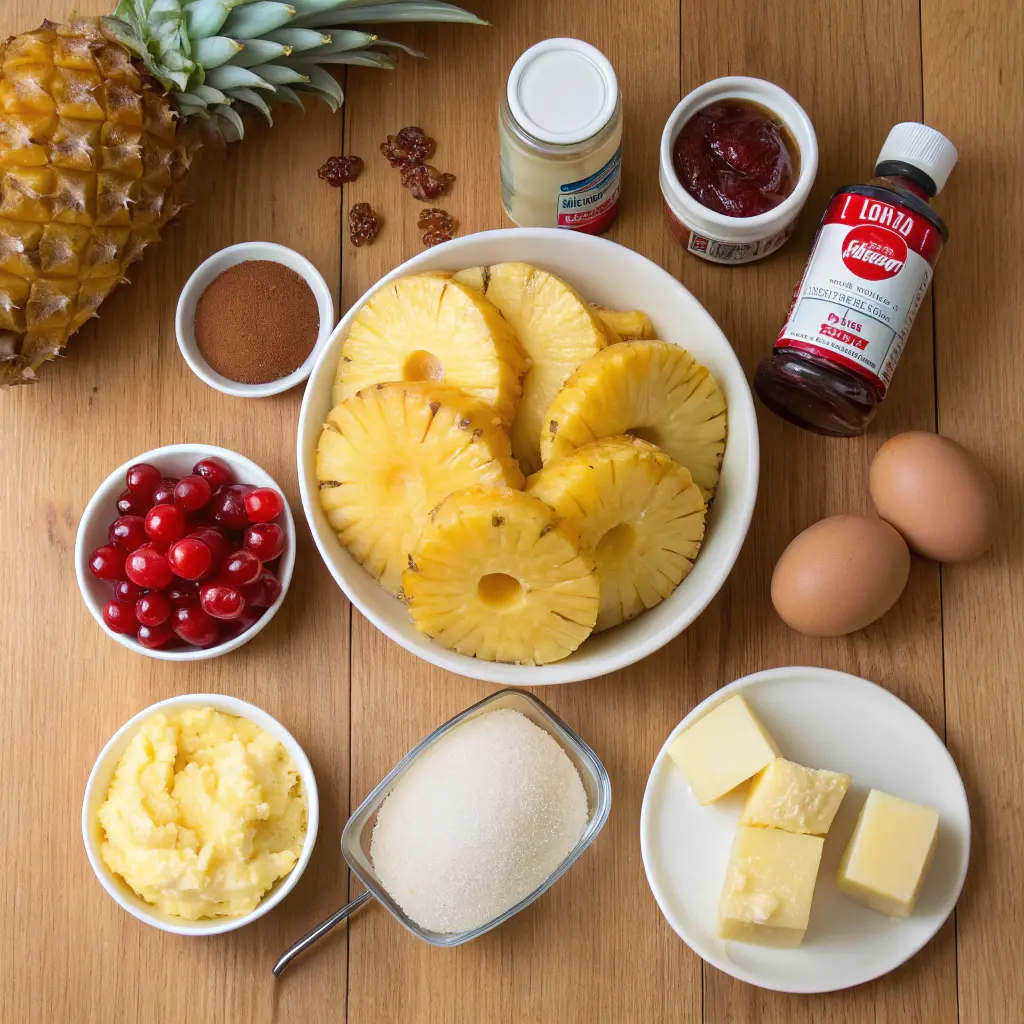
A typical cake requires flour, sugar, eggs, and a fat like butter or oil. Leavening agents such as baking powder or soda help the cake rise, while milk or water adds moisture. Flavorings like vanilla extract, cocoa powder, or citrus zest can be added for variety.
Baking Techniques and Tips
Successful cake baking relies on proper technique:
- Preheat your oven.
- Use room-temperature ingredients.
- Measure accurately.
- Don’t overmix the batter.
- Test doneness with a toothpick.
Frosting and Decoration
Frosting adds flavor and visual appeal. Popular types include:
- Buttercream
- Cream Cheese Frosting
- Ganache
- Fondant
- Whipped Cream
Decorating tools like piping bags, edible glitter, and cake toppers let you express creativity and personalize your cakes.
Popular Cake Trends
Modern cake designs have become art forms. Trending styles include:
- Minimalist Cakes
- Fault Line Cakes
- Geode Cakes
- Number and Letter Cakes
- Vegan and Gluten-Free Cakes
- Retro Revival: Pineapple Upside Down Cake is making a comeback as a trendy, nostalgic dessert
Cultural Significance of Cakes
Cakes have unique cultural expressions:
- In India, cakes are central to urban celebrations.
- The UK and US have long traditions of fruitcakes and layer cakes.
- In Japan, strawberry shortcake is a national favorite.
- Middle Eastern cakes often feature dates, nuts, and spices.
Tips for Cake Bloggers and Bakers
Want to start your own cake blog or business? Here are some tips:
- Share easy-to-follow recipes.
- Include baking tips and troubleshooting.
- Post seasonally relevant content.
- Collaborate with local bakers.
- Use SEO keywords like “Pineapple Upside Down Cake recipe,” “how to make pineapple cake,” and “easy fruit-topped cakes”
- Focus on subniches to stand out in a crowded market.
Conclusion
Whether you’re a beginner baker or a seasoned cake artist, the world of cakes offers endless possibilities for creativity and enjoyment. Explore subniches, experiment with recipes like the Pineapple Upside Down Cake, and most importantly, share the sweetness with others. Share your favorite cake memories or recipes in the comments—let’s celebrate the joy of baking together!


